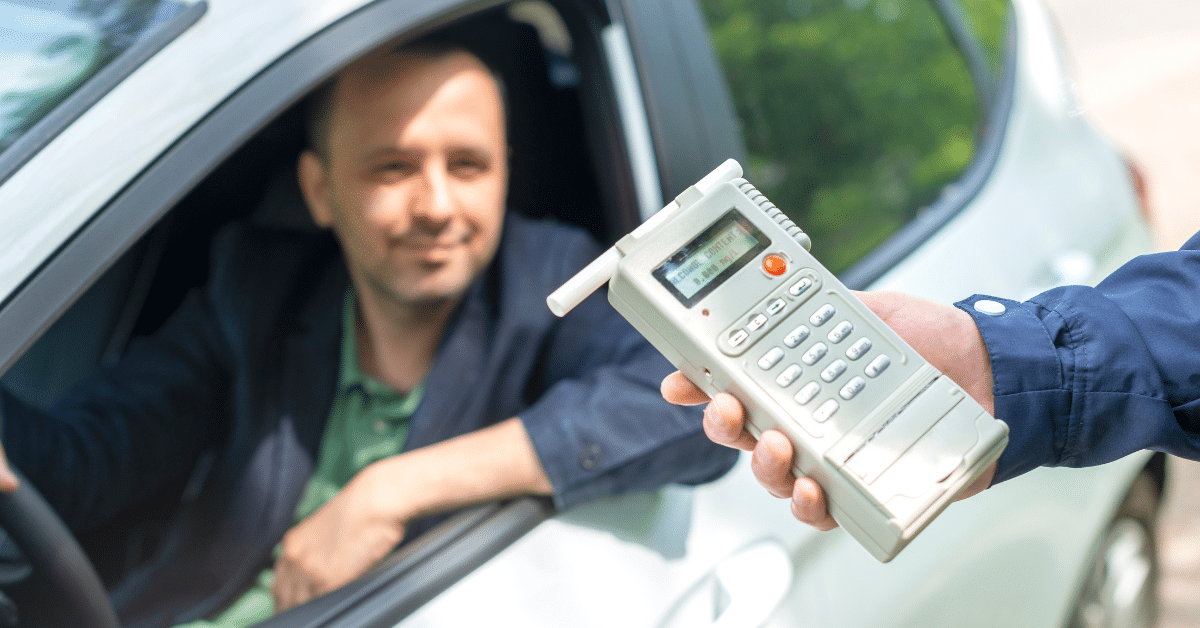Colorado law enforcement widely uses breathalyzers to measure blood alcohol concentration (BAC) in order to enforce drunk driving laws. But breathalyzers aren’t perfect and may give a reading that falsely indicates you’re intoxicated while driving. A medical condition or medication may be to blame for inaccurate breathalyzer results.
How Do Breathalyzers Work?
Breathalyzers are based on the fact alcohol molecules can be present in your breath. Your bloodstream absorbs the alcohol you consume. It carries the alcohol to the lungs which in turn exhale the alcohol. Breathalyzers measure the concentration of these molecules to estimate your blood alcohol level.
What are Medical Conditions that May Affect Breathalyzer Results?
Some conditions and how they’re treated can throw off breathalyzers and make it appear that you’re intoxicated or more intoxicated than you are. They include:
- Gastroesophageal Reflux Disease (GERD): GERD, a chronic digestive disorder that causes acid reflux, can potentially lead to inaccurate. breathalyzer readings. The breathalyzer can misinterpret the presence of alcohol in the stomach due to acid reflux as alcohol from the bloodstream. This can result in falsely elevated BAC readings.
- Diabetes: Diabetes can affect breathalyzer results due to the presence of acetone in the breath of those with uncontrolled diabetes. Some breathalyzer modesl mistake acetone, a type of ketone, leading to higher readings. More modern breathalyzers should be able to tell the difference between acetone and alcohol.
- Low-Carbohydrate Diets: If you’re following a low-carbohydrate diet like a ketogenic diet, you may have higher acetone levels in your breath. Some breathalyzer models might mistake this as alcohol.
- Dental Issues and Mouthwash: Certain dental issues and using mouthwash containing alcohol can introduce alcohol or blood into your mouth. This may inflate the readings.
- Respiratory Infections: Bronchitis and pneumonia can introduce bacteria and volatile compounds into the respiratory system. Some of these compounds might be similar in structure to alcohol and interfere with breathalyzer accuracy.
- Liver Conditions: Liver conditions, particularly those affecting alcohol metabolism, can lead to elevated blood acetone levels, which may influence breathalyzer readings.
- Asthma: The contents of asthma inhalers can give readings in breath alcohol tests that are, in most cases, above the legal limit without the user being intoxicated.
Although what breathalyzers do sounds impressive, they have limits, and the results may be wrong. If you’re arrested because of breathalyzer results, that doesn’t necessarily mean there’s enough evidence to convict you. Your medical condition or what you take to treat it may be grounds to challenge the evidence against you.
Don’t Go It Alone or Give Up After a DUI Arrest
Many factors may result in a false BAC result. If you represent yourself, you may miss a valid defense like a medical issue or medication use. A valid defense could result in your case being dismissed or a favorable plea bargain that allows you to put your arrest behind you.
Contact attorney Kevin Churchill for a free consultation if you are charged with driving while intoxicated in Colorado. He has represented those charged with DUI and DWAI in the Front Range for more than 24 years.
